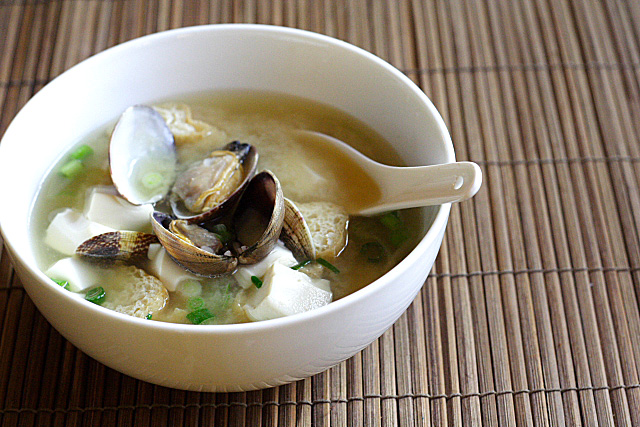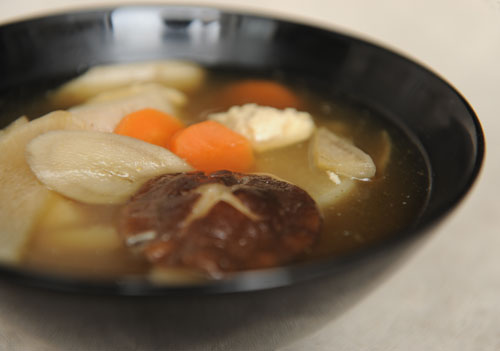
Japanese meals are incomplete without a serving of soup or of any dish that is soup based. With its importance in a traditional Japanese meal, Japanese soups throughout the years have developed into different varieties that range from simple, clear broths to the more complex soups that are considered full meals by themselves.
The principle behind making a Japanese soup is fairly easy to understand. One only has to pay attention to the different kinds of stocks or bases that are used for the soup and one will be well on the way to brewing a Japanese soup.
The four bases used for Japanese soups are clear broth, clear broth with miso, soy milk with sweet white miso, and egg custard. Of the four, clear broth and clear broth with miso are considered to be traditionally Japanese and are by far the most widely used bases when cooking a Japanese soup.
The clear broth or classic stock from which the majority of Japanese soups are made is called dashi. Dashi is very easy to prepare with just the combination of two basic ingredients – konbu and bonito flakes—but all the hard work goes into preparing the said basic ingredients, which require long and complex preservation processes. The dashi minus the bonito flakes is used mainly as a base for a variety of clear soups. It is a good base to use when you want to highlight the flavors of other ingredients in the soup, such as vegetables, meat, eggs, fish, shellfish, and probably the most popular addition to any soup, noodles. Depending on the dish, one can choose from different kinds of noodles ranging from the fine noodles, or somen, to thick noodles, or udon.
A popular variation of the dashi is miso soup, which is made by the addition of a soybean paste called miso to the dashi base. Miso gives a flavor that varies from sweet to spicy. In earlier times, miso soup was served during breakfast as a nutritional booster, but it has since become a staple for lunch and dinner. Common garnishing for miso soup are seaweed, mushrooms, tofu, and green onions.

Japanese Soups

No comments:
Post a Comment
Feel free to place you thoughts here